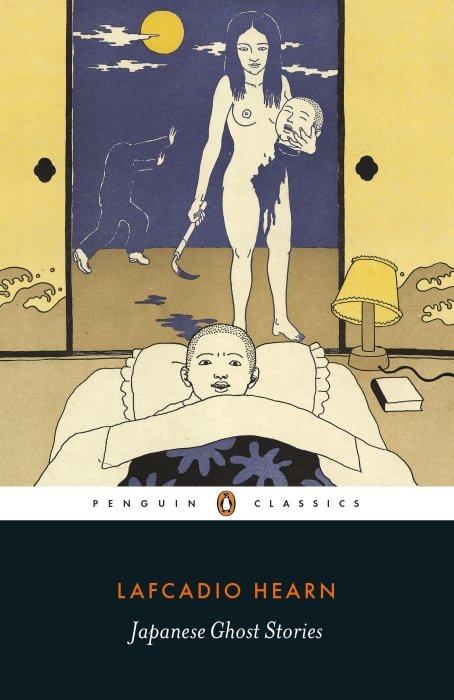Brilliantly entertaining and eerie ghost stories, regarded as major classics in Japan, by the Irish writer and Japanophile Lafcadio Hearn-whose life inspired bestselling writer Monique Truong's novel The Sweetest Fruits
A Penguin Classic
In this collection of classic ghost stories from Japan, beautiful princesses turn out to be frogs, paintings come alive, deadly spectral brides haunt the living, and a samurai delivers the baby of a Shinto goddess with mystical help. Here are all the phantoms and ghouls of Japanese folklore: "rokuro-kubi," whose heads separate from their bodies at night; "jikininki," or flesh-eating goblins; and terrifying faceless "mujina" who haunt lonely neighborhoods. Lafcadio Hearn, a master storyteller, drew on traditional Japanese folklore, infused with memories of his own haunted childhood in Ireland, to create the chilling tales in Japanese Ghost Stories. They are today regarded in Japan as classics in their own right.




